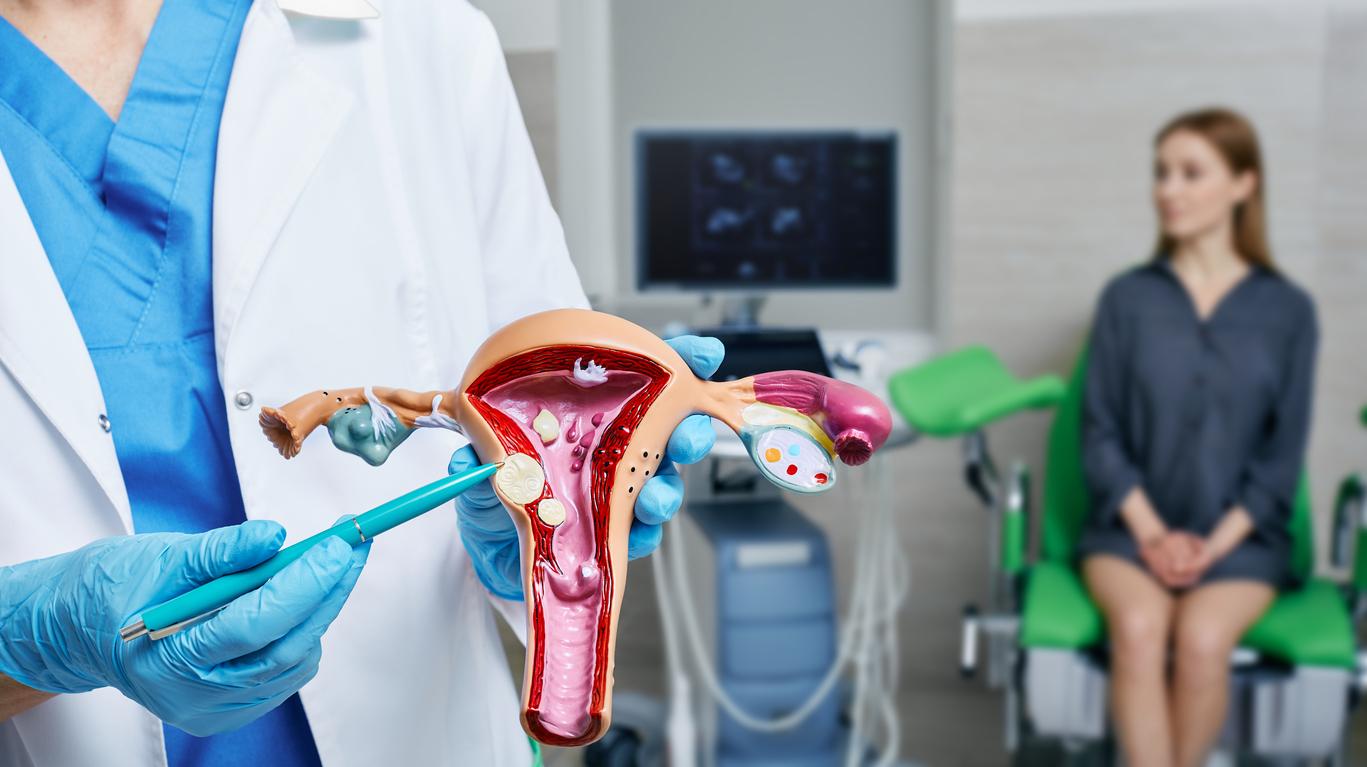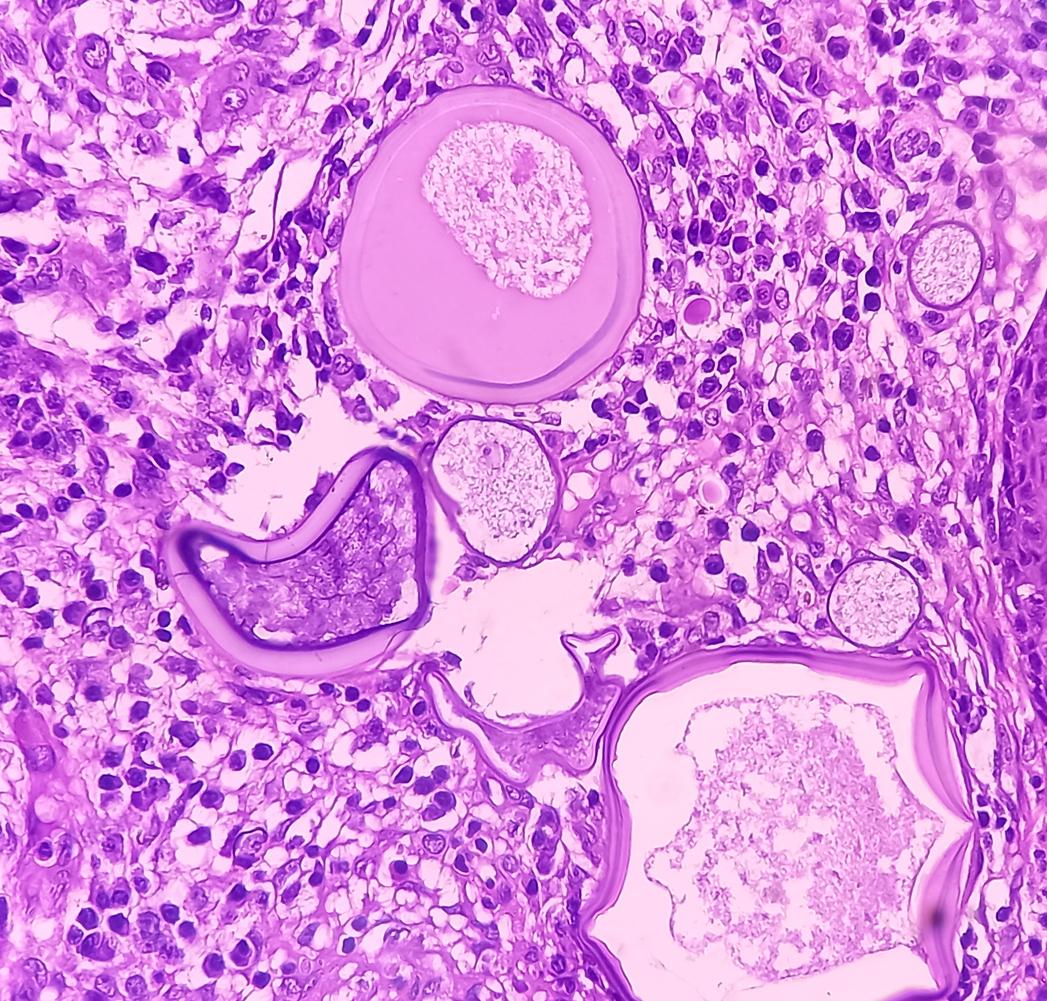Controlling blood pressure would be crucial for women in preventing benign tumors developing from the muscle of the uterus.

- In a recent study, 526 out of 2,570 women were newly diagnosed with uterine fibroids during a 17-year follow-up.
- Participants with undiagnosed and untreated hypertension were 19% more likely to develop these benign tumors in the uterus.
- Volunteers taking ACE inhibitors had a 48% reduced risk.
“Uterine fibroids are benign neoplasms that cause pain and bleeding. They are associated with serious gynecological morbidity. However, at present, there are no strategies to prevent their development,” said American researchers. Thus, they decided to carry out a study to examine the links between hypertension, antihypertensive treatment, cardiovascular risk factors (anthropometry and biomarkers) and the incidence of these benign tumors.
Uterine fibroid: 20% lower risk for women taking antihypertensive treatment
As part of their work, published in the journal JAMA Network Open, scientists analyzed data from a national cohort that was collected from 1996 to 2013. In total, 2,570 women were included in the research. Participants had had their period within the past three months, were neither pregnant nor breastfeeding, were aged 42 to 52, and were not taking hormonal contraception. None had a history of fibroids. “Blood pressure, anthropometry, biomarkers (cholesterol, triglycerides, and C-reactive protein), and self-reported antihypertensive treatment at baseline and follow-up visits were measured. Hypertension status (new, preexisting, or never reported) and treatment were categorized.”
During the 17-year follow-up period, 20% of volunteers were diagnosed with uterine fibroids. The authors found strong associations between blood pressure and the risks of benign tumors within the uterus in patients. According to the work, women suffering from undiagnosed and untreated hypertension were 19% more prone to fibroids, “while those whose hypertension was treated had a 20% lower risk.” Participants taking a particular class of medications, ACE inhibitors, had a 48% lower risk of developing painful growths.
“If the associations are causal,” antihypertensives can prevent uterine fibroids
In the findings, the team states that the exact links between blood pressure and fibroid risk are unclear, but “If the associations are causal, the use of antihypertensive medications, when indicated, may help prevent the development of fibroids at this high-risk stage of life.”

















